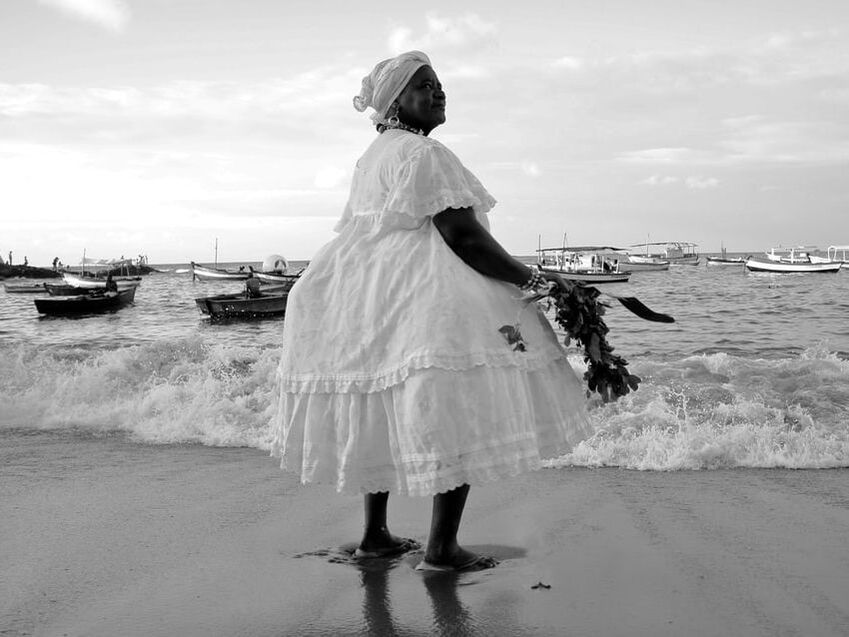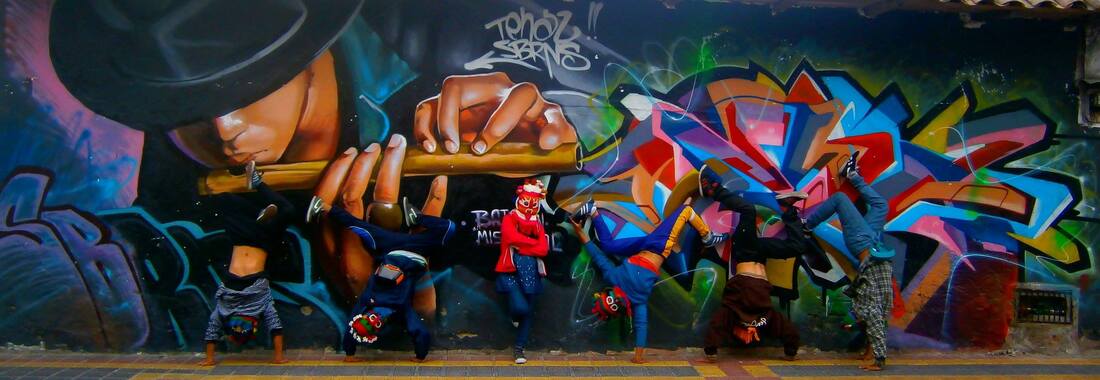|
|
|
Coloniality deserves special attention to contextualise Professor Hempton’s lecture on “Women’s Networks: Opportunities and Limitations”. First, the context that overlaps historical and political elements: the year 1888. The poster at the back of Professor Hempton as he delivered the talk informed that the Gifford Lecture series dates from 1888. In the same year, Brazil declared the Abolition of Slavery – the last country in the Americas to officialise such law that is not fully put into practice as many cases of forced labour and slavery remain current.
That reminded me of so many unofficial Black women’s collectives who organised as a quilombo, favelas communities, marginalised neighbourhoods (periferias) as they created ways to resist and refuse the places that the colonial-hegemonic society imposed on them. For example, the Herstories of Dandara and Luiza Mahin. Dandara refused to be enslaved and became a quilombo leader, a warrior, agriculture worker in the initial land rights, abolitionists, antiracist and feminist movements in Brazil during the late 1600s. Luiza Mahin was a Muslim, enslaved domestic worker, strategist of one of the most remarkable pro-abolitionist revolutions in Brasil – the Malês Revolt – organised by enslaved peoples. Her Islamic, Jêje-Nago and Yoruba backgrounds are the marks of intersecting systems of beliefs that to this day are erased in the narrative about Brazil’s national identity.
0 Comments
In memory of co-author Monique Nuijten. Thank you for all your inspiration and the nice partnership working on this article together.
‘A Breaker is peaceful and calm. At the moment of dancing he expresses all his feelings, he expresses his anger, his love, his sadness, everything. While dancing he develops. Breaking turns them into better people.’ ‘The moment you start to dance and become a b-boy or b-girl everything in you changes, it’s like an armor you put on and you will never take off.’ ‘This is what I love the most, it is what makes me, it is why I keep on fighting, the reason why I am still standing, it is the reason why I can keep on following my dream.’ ‘It is my life, without it [dance] I can’t live, it is like the air.’ In our Identities article, ‘When breaking you make your soul dance’ Utopian aspirations and subjective transformation in breakdance’, we dive into the world of breaking by following the Naturalz crew in Ecuador. The quotes above from various crew members illustrate the importance and meaning of breakdance for them. Breaking is commonly analysed as a subculture of resistance. We analyse two – often neglected – dimensions of this resistance: the significance of utopian aspirations and the role of the body in subjective transformation. The breakers shape a new lifestyle for themselves through breakdance. A lifestyle they fight to preserve every day. |
|
Explore Identities at tandfonline.com/GIDE |
|
The views and opinions expressed on The Identities Blog are solely those of the original blog post authors, and not of the journal, Taylor & Francis Group or the University of Glasgow.


